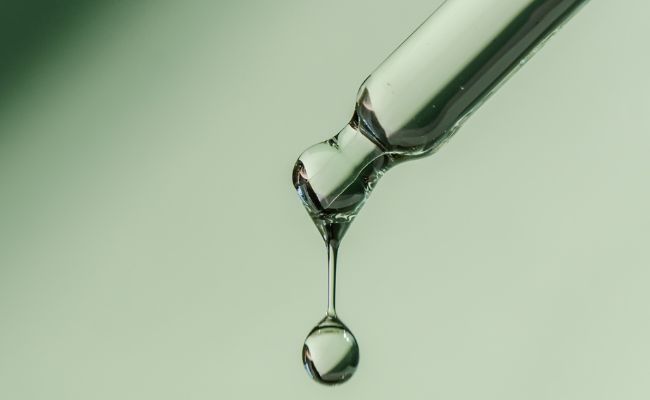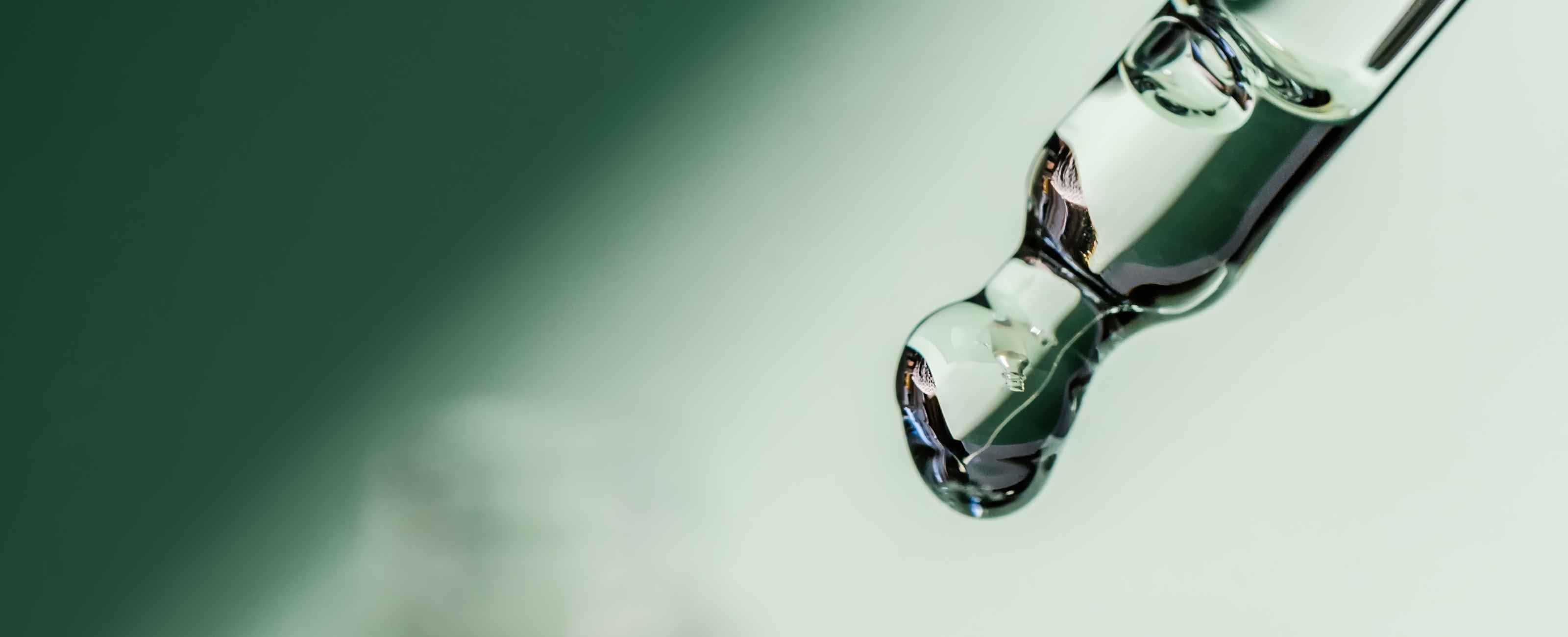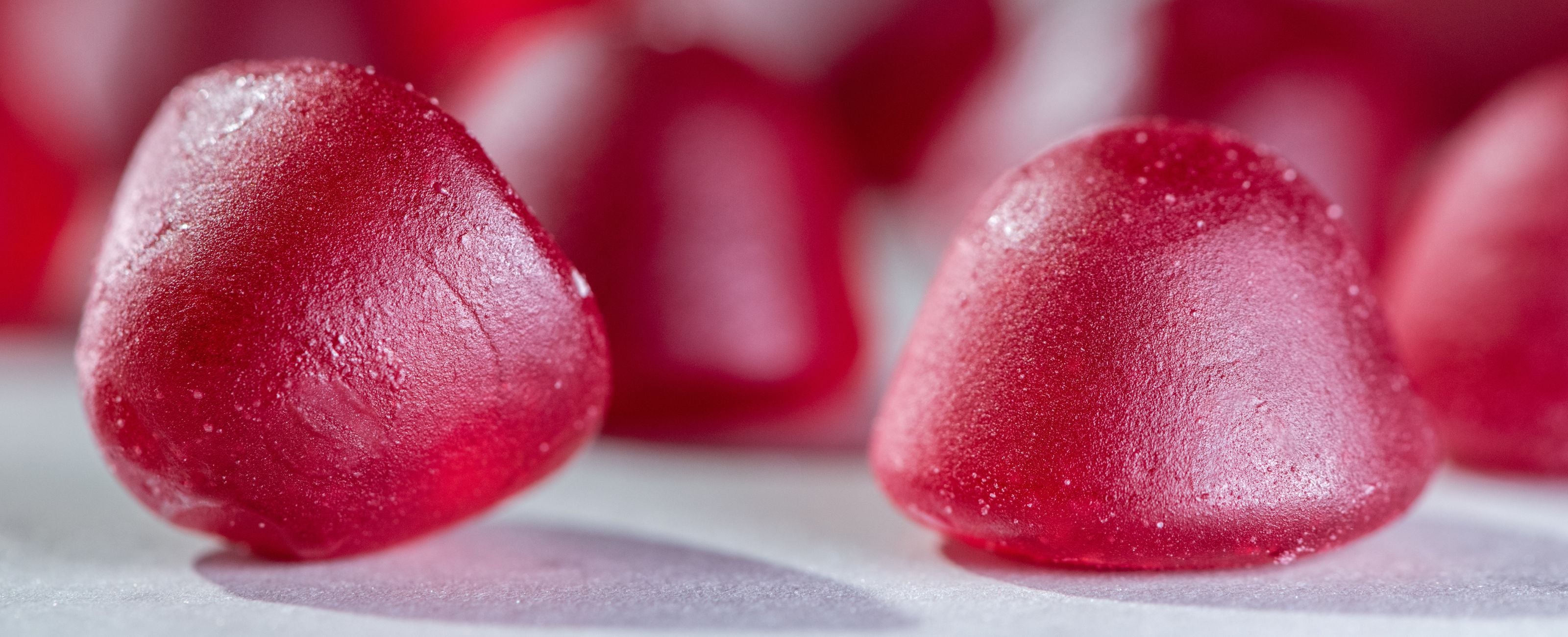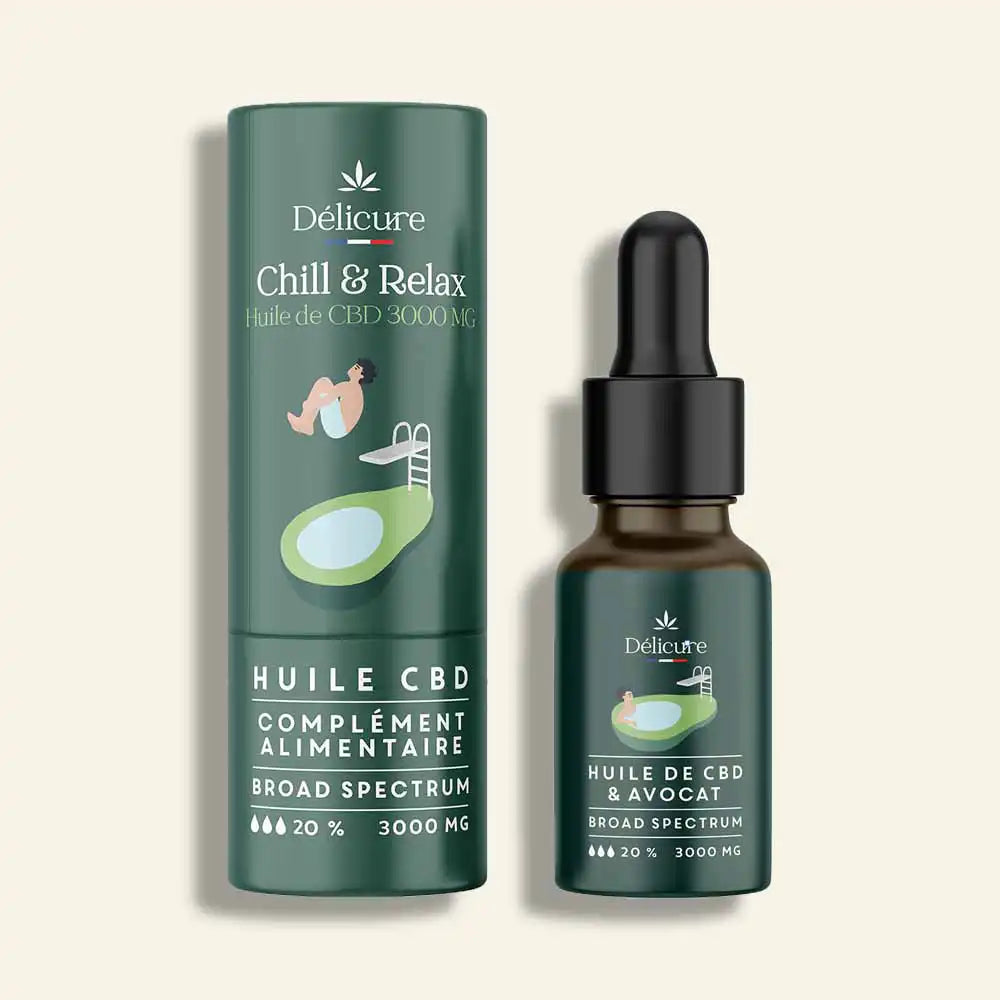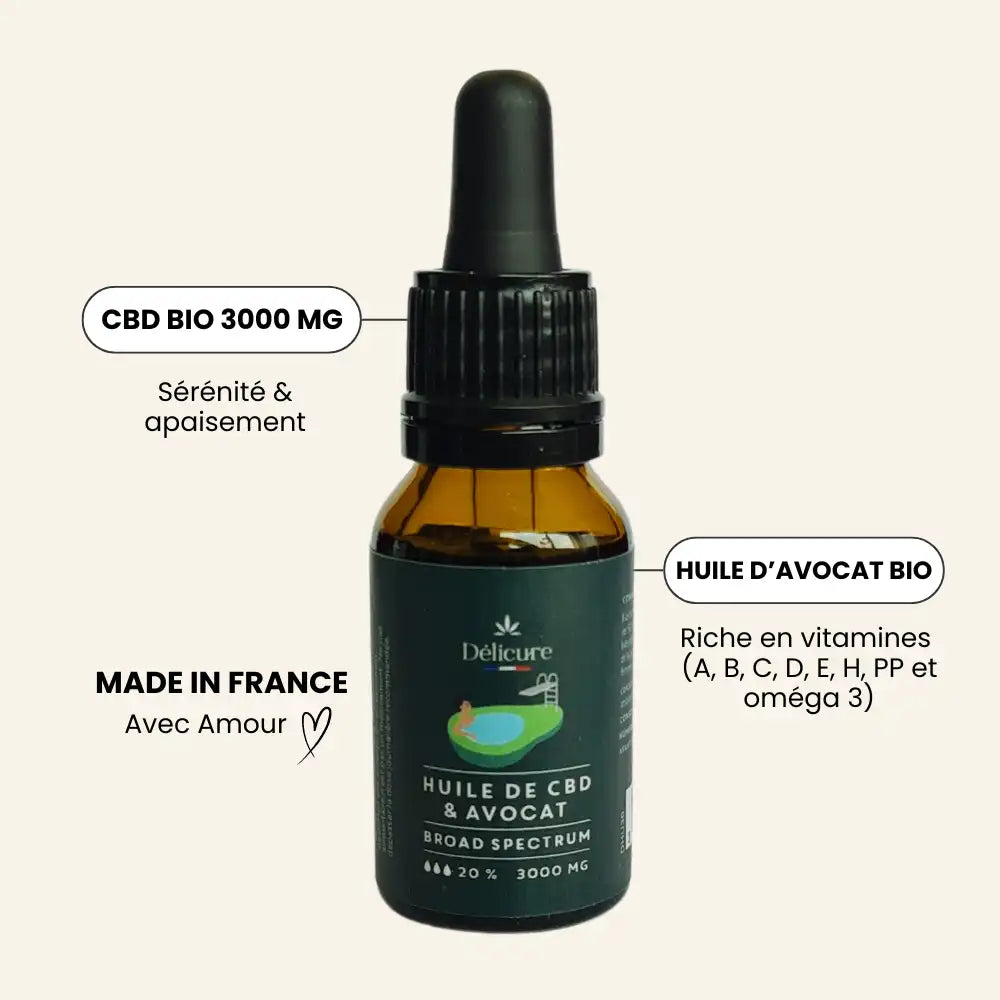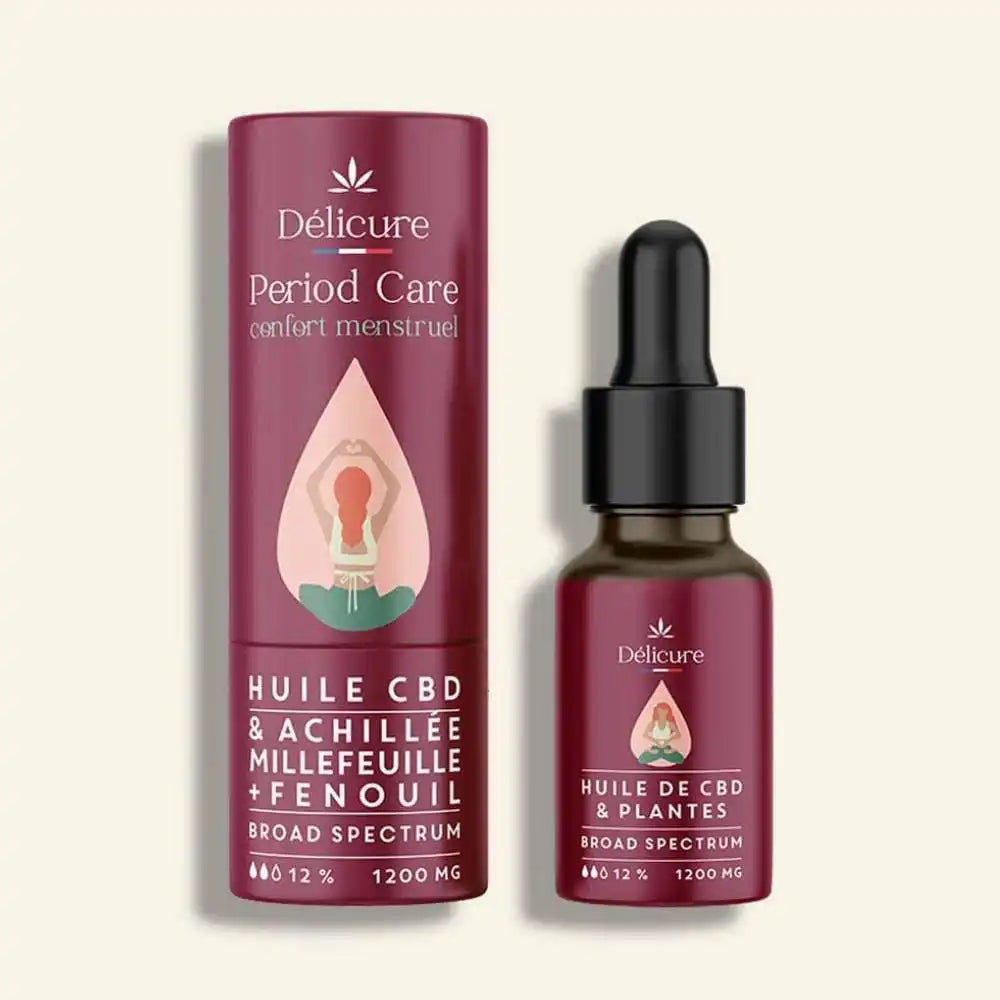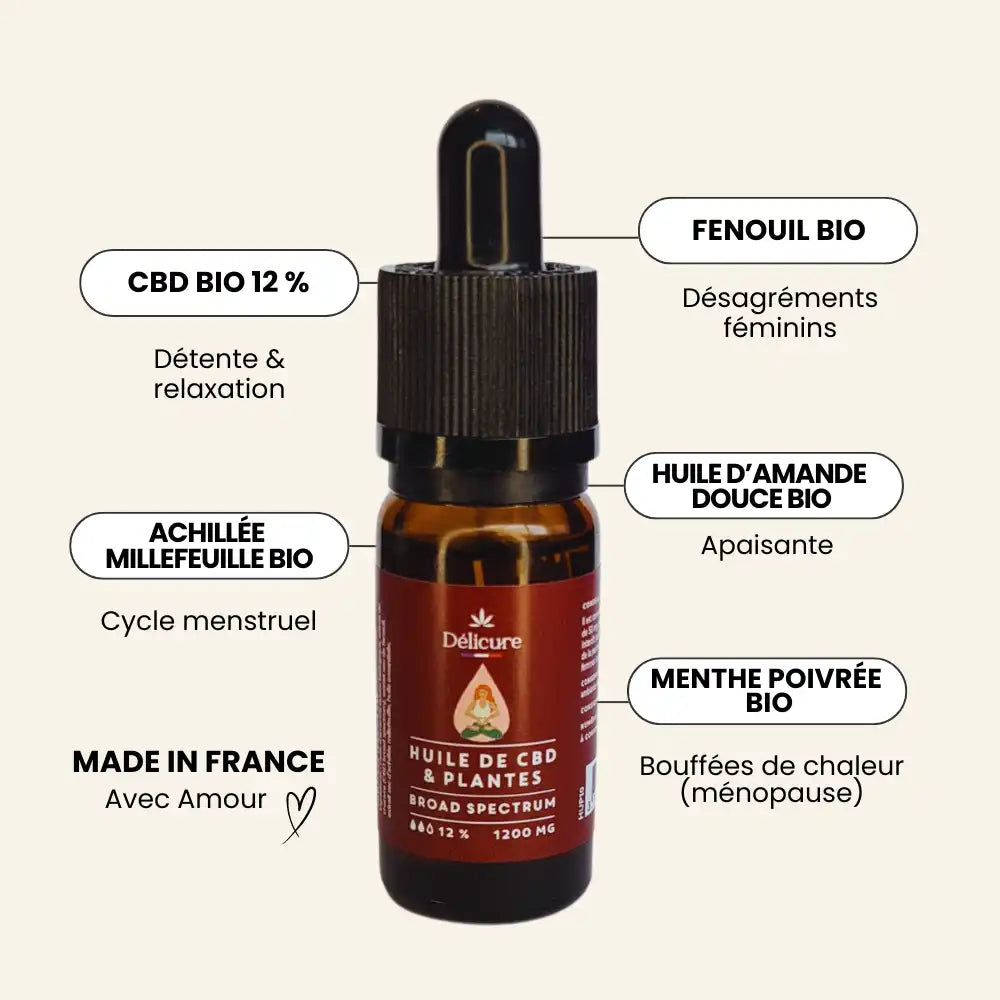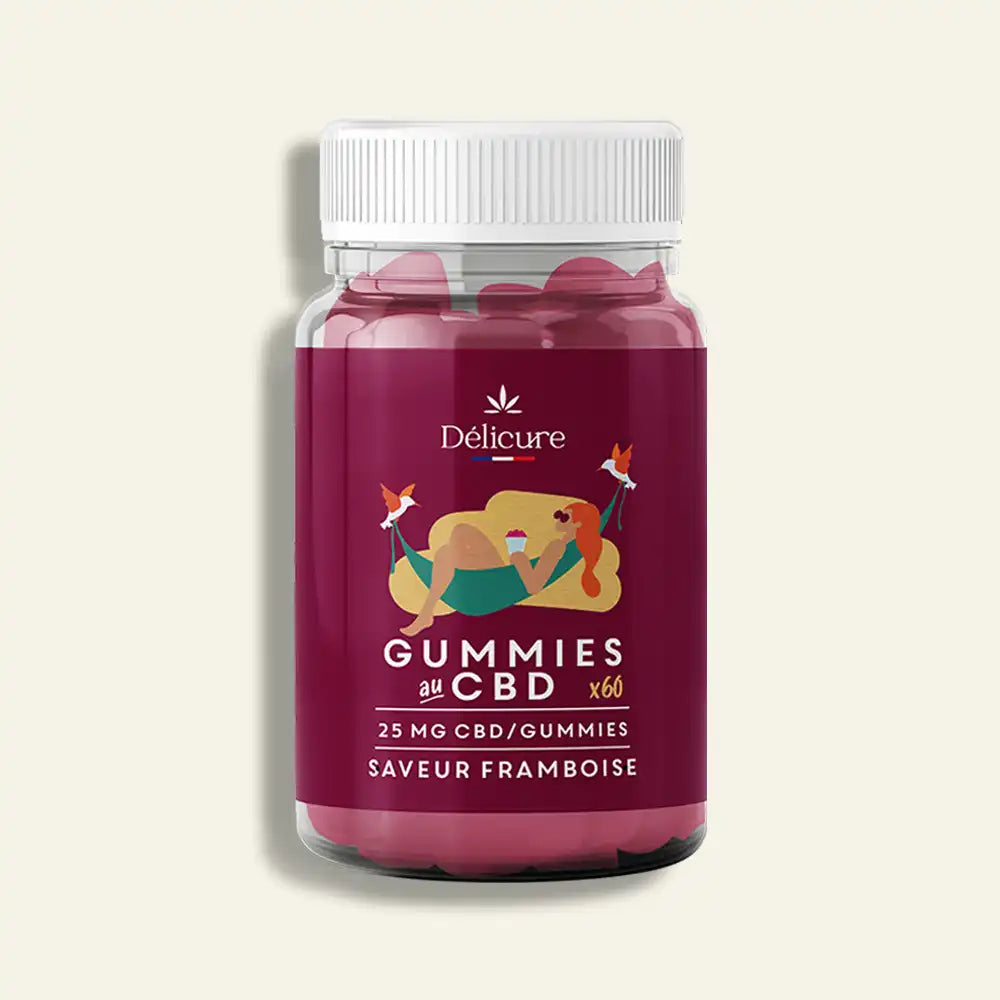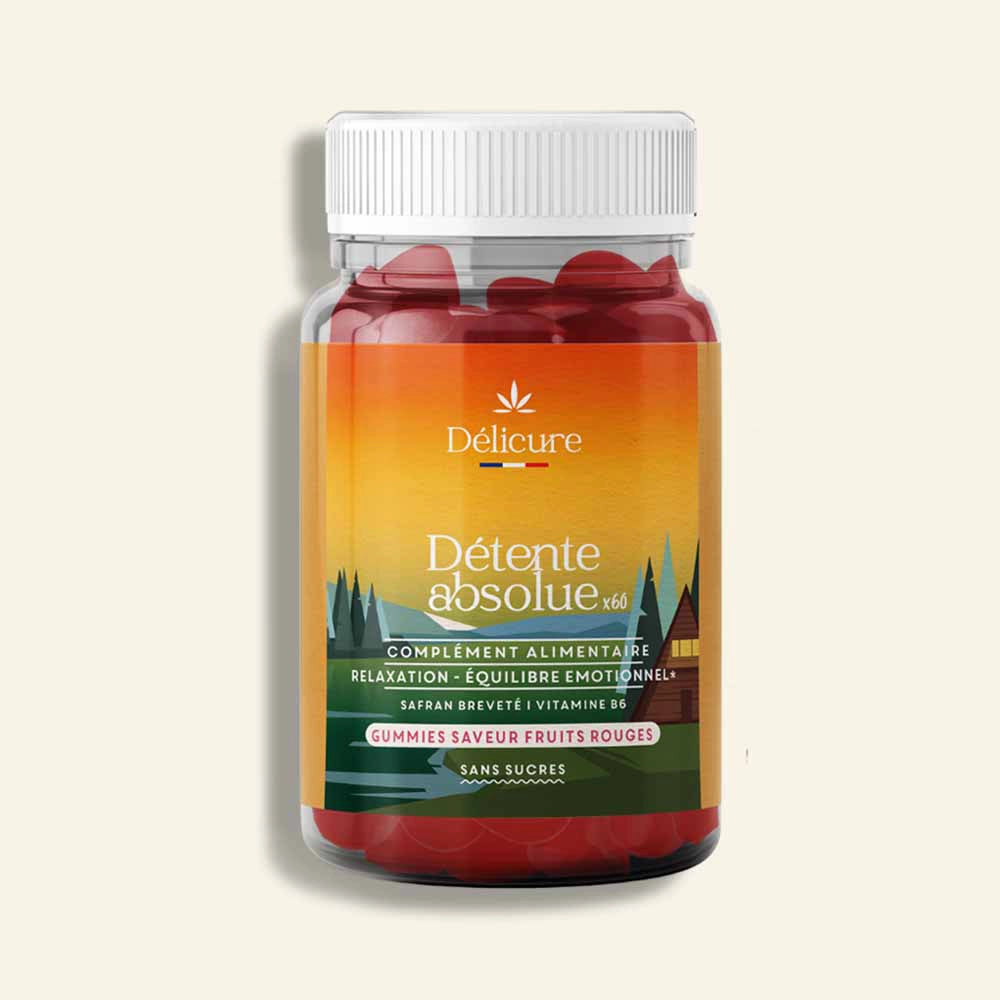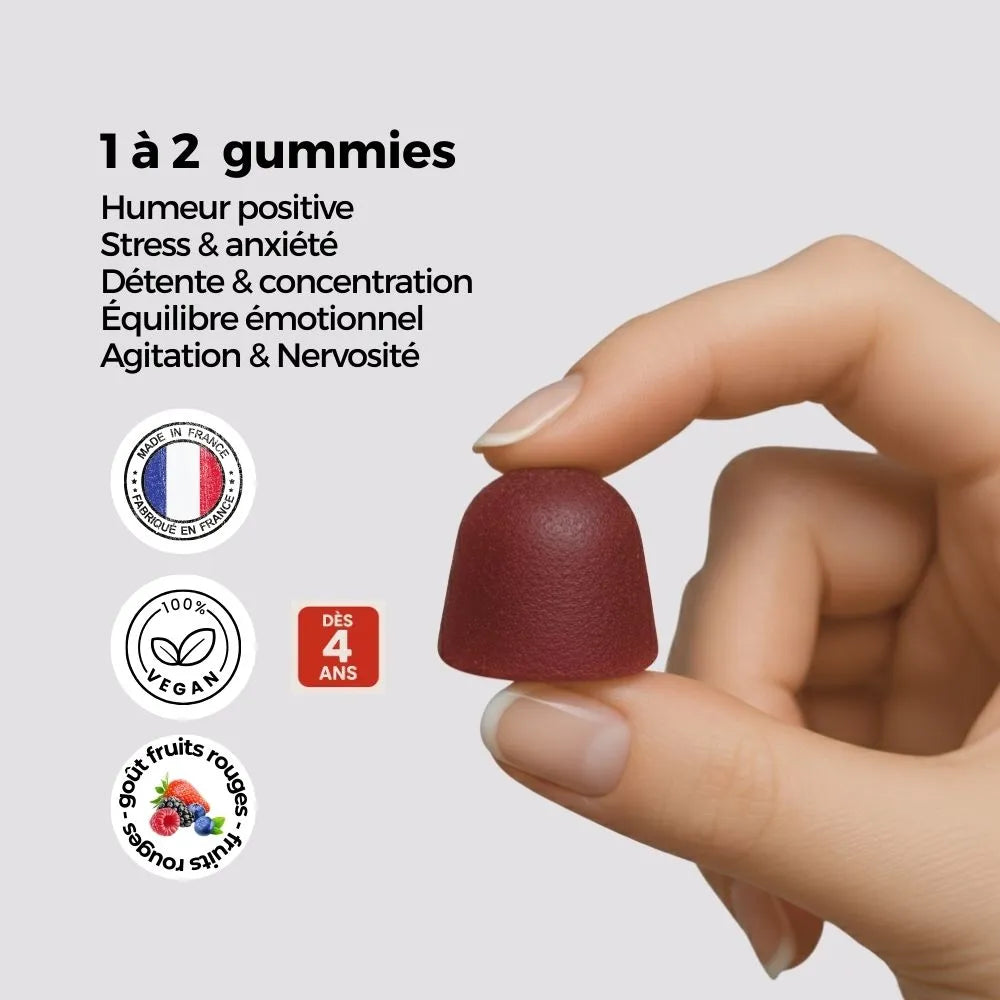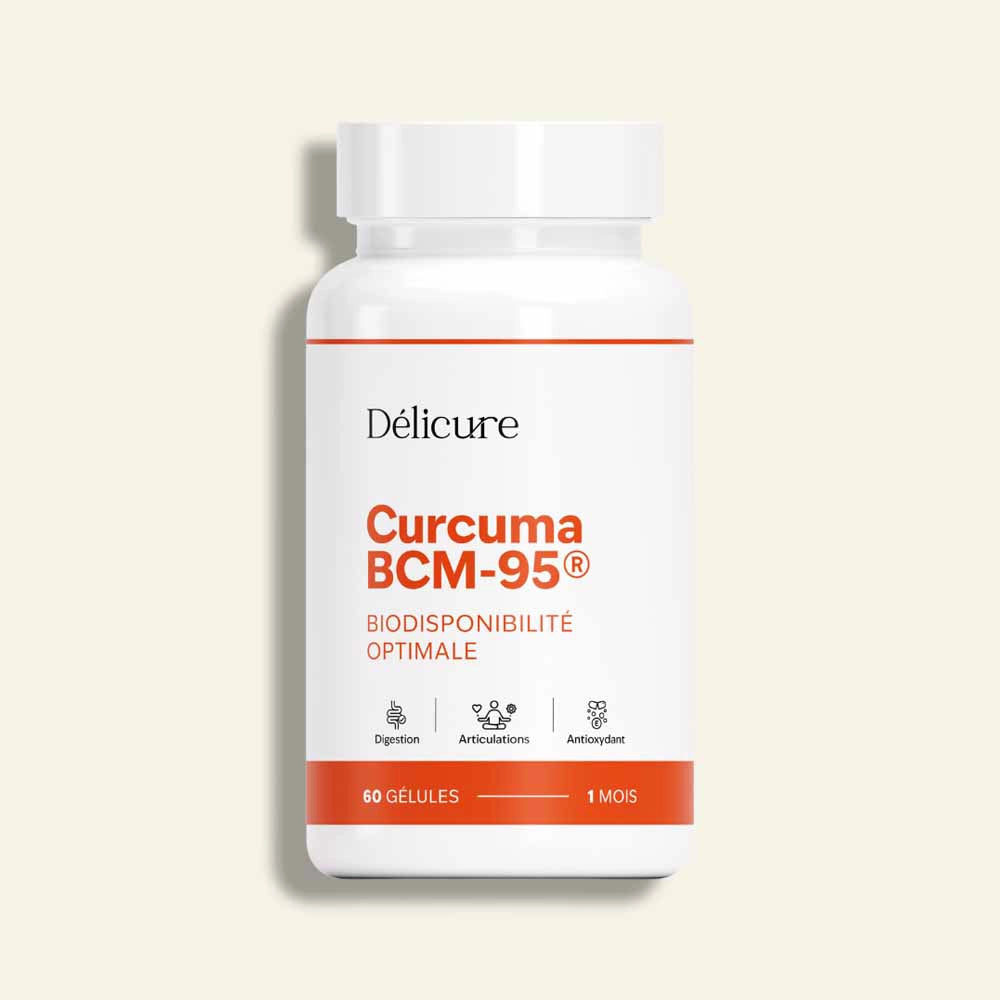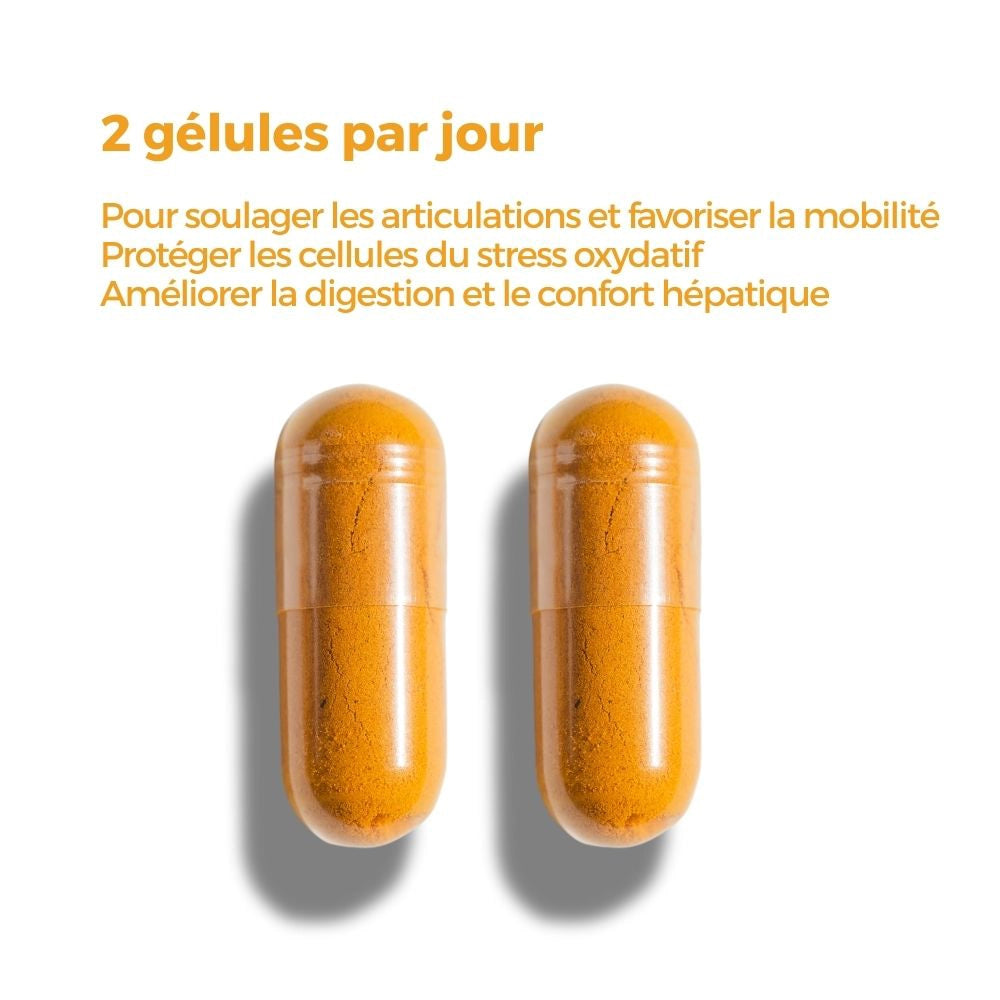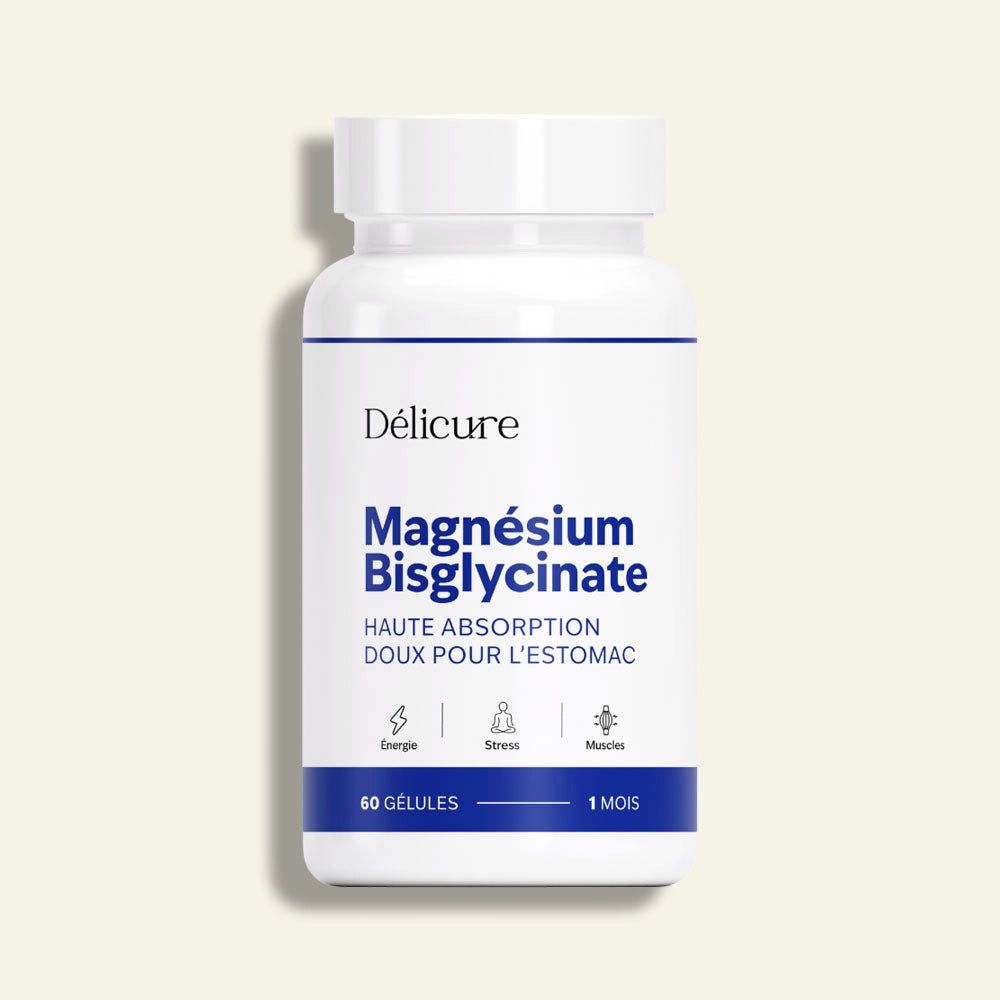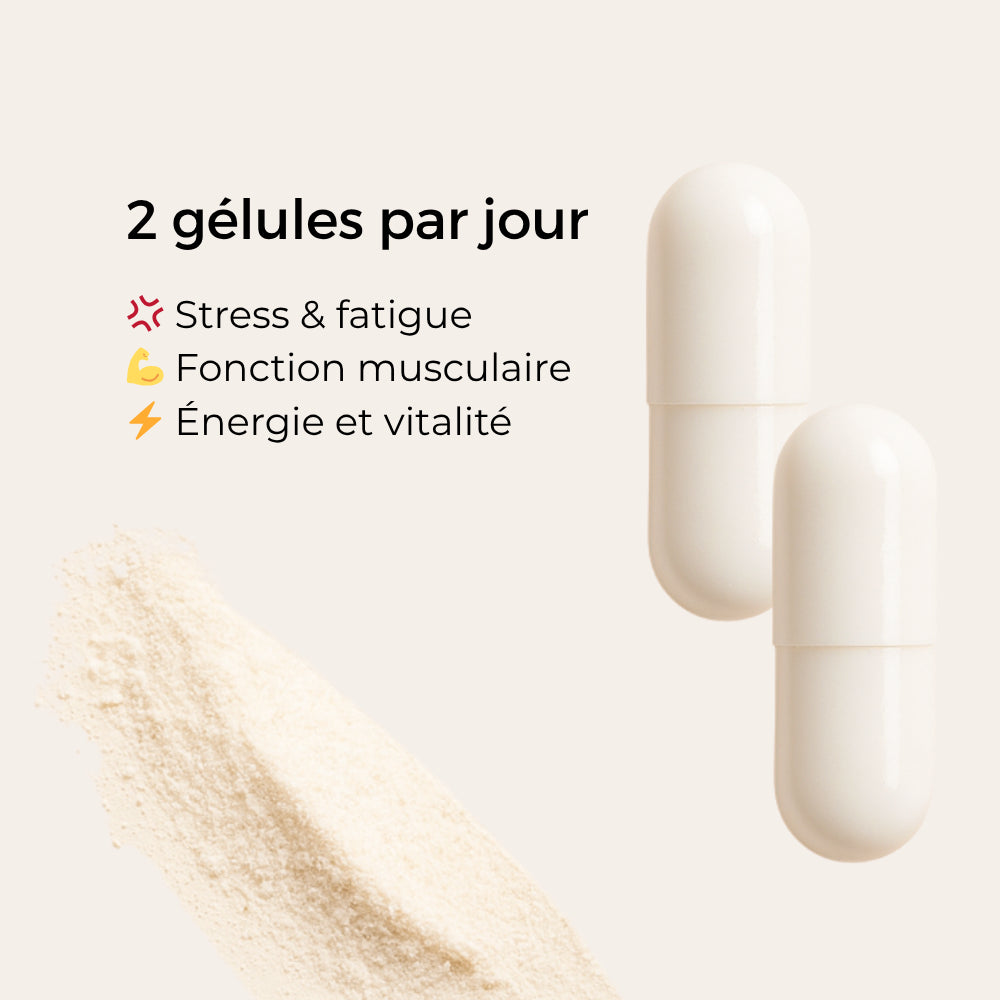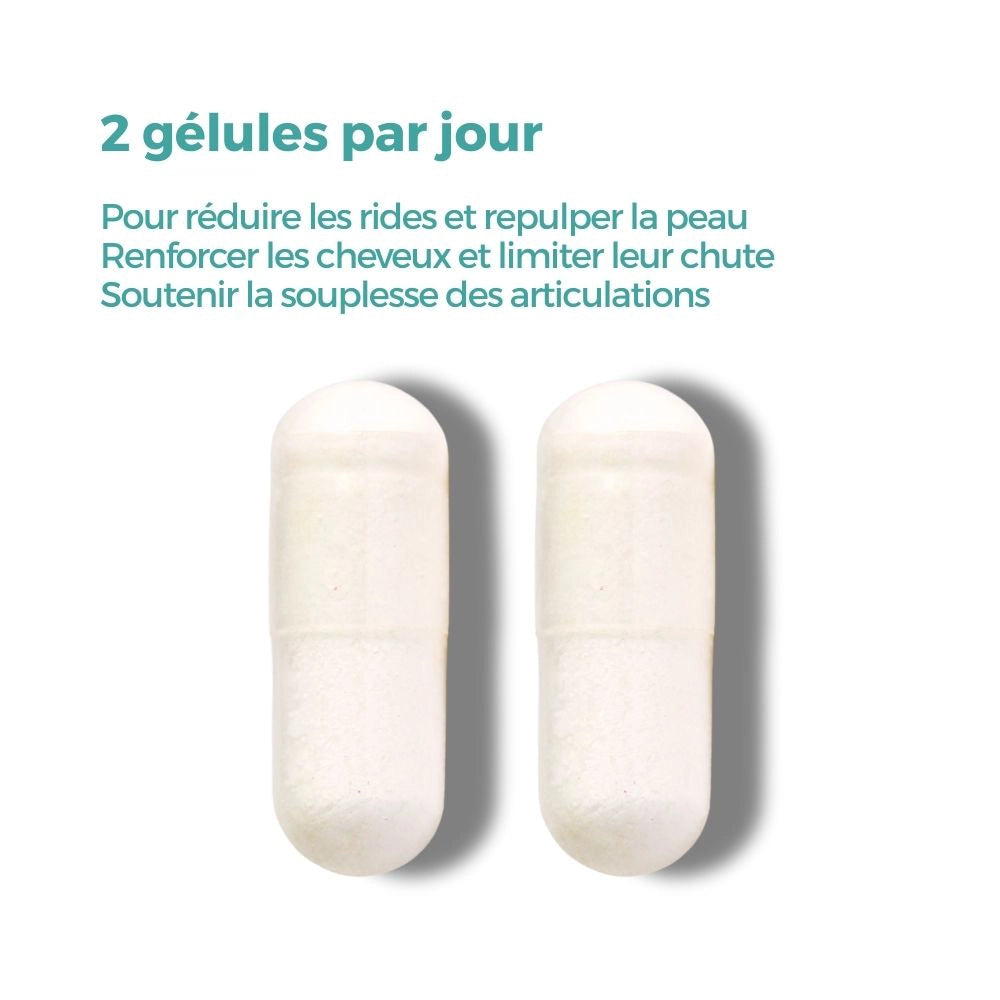
Natural remedies for sleep apnea
In France, sleep apnea syndrome (SAS), defined by involuntary interruptions in breathing during the night, affects nearly 19.7% of adults and up to 30.5% of people over the age of 70. These breathing pauses often occur without us being aware of them. However, this sleep disorder can seriously impact health, increasing the risk of cardiovascular disease, impairing concentration, and causing often debilitating daytime fatigue.
What is sleep apnea?
Sleep apnea is a nocturnal breathing disorder characterized by pauses (apneas) or partial reductions (hypopneas) in the passage of air through the upper respiratory tract. These interruptions are caused either by excessive relaxation of the throat muscles, which causes the tongue and soft tissues to collapse, or by mechanical obstruction (enlarged tonsils, deviated nasal septum, polyps), or, in rare cases, by dysfunction of the neurological control of breathing. Each episode can last from a few seconds to more than a minute and often recurs several dozen times per hour in untreated individuals.
To assess the severity of this disorder, the apnea-hypopnea index (AHI) is used, i.e. the total number of events (apneas and hypopneas) per hour of sleep:
– AHI < 5: normal
– AHI 5–15: mild apnea
– AHI 15–30: moderate apnea
– AHI > 30: severe apnea
This score is determined during a sleep study (polysomnography), carried out in a laboratory or at home.
Clinically, the most visible signs are:
– loud, regular snoring
– sudden awakenings with a feeling of suffocation
– very brief micro-awakenings, sometimes imperceptible, which fragment sleep
With each apnea, oxygen saturation drops, the heart and blood vessels are put under strain, and the deep sleep cycle (stage 3) and REM sleep are disrupted. In the long term, this results in excessive daytime sleepiness, decreased alertness, morning headaches, and an irritable mood.
There are three main forms:
-
Obstructive sleep apnea, the most common, due to a physical obstruction of the airways.
-
Central apnea, linked to an absence or reduction of the cerebral signal which triggers breathing, often associated with cardiac or neurological pathologies.
-
Mixed apnea, which combines an obstructive component and a central component and requires more complex management.
Understanding these mechanisms is essential to guide the diagnosis and choose the appropriate treatment, whether medical (CPAP, mandibular advancement device, surgery) or complementary (lifestyle, natural remedies).
Why look for a grandmother's remedy?
While medical treatment (CPAP device, mandibular advancement device, or even surgery) remains the gold standard for moderate to severe cases, some natural sleep apnea remedies from grandmothers can be used as a complement to relieve symptoms and promote a more peaceful sleep. These tips, tested for generations, focus on breathing, body position, or herbal medicine, with no pharmacological side effects.

Five Home Remedies for Sleep Apnea
1. Work on your breathing
Before bed, a few minutes of breathing exercises can strengthen the diaphragm and reduce anxiety, two major factors in worsening sleep apnea. Diaphragmatic breathing involves slowly inhaling through the nose while expanding the abdomen, then exhaling through the mouth while contracting the abdominal muscles. Repeat this cycle for 5 to 10 minutes. Alternate nostril breathing , drawn from the yogic tradition, alternates inhaling and exhaling nostril by nostril to balance oxygenation and induce a state of deep relaxation.
2. Adapt your sleeping position
Most often, the tongue and throat tissues fall backward when sleeping on your back, partially obstructing the airway. Choosing to sleep on your side—and making sure to maintain this position—can significantly ease the passage of air. To learn more about the best sleeping position , you can consult this detailed guide that will help you install effective lateral support.
3. Relaxing herbal infusions
Sleep apnea natural remedies from our ancestors often rely on the power of sedative plants. A chamomile infusion soothes the nervous system, while valerian promotes muscle relaxation. Passionflower and linden complete this assortment by preventing nighttime restlessness. Drink your herbal tea 30 to 60 minutes before bedtime to prepare your body for a deeper sleep; to understand the mechanisms of rest, find this very comprehensive article on the sleep cycle .
4. Gentle melatonin supplementation
Melatonin, the sleep hormone , naturally regulates our biological clock. A one-time intake of 1 to 3 mg, taken about thirty minutes before bedtime, can help reduce the time it takes to fall asleep and limit micro-awakenings. Combined with relaxing plant extracts (passionflower, linden, poppy), it works synergistically to support more continuous sleep.
5. Nasal irrigation with salt water
Nasal care is a forgotten pillar of sleep hygiene. A daily rinse with a homemade saline solution (one teaspoon of non-iodized salt in 250 ml of warm water) unclogs nasal passages, reduces inflammation, and facilitates airflow, especially for those prone to allergies or chronic congestion. To prepare your mixture, carefully follow the proportions and use a neti pot or dedicated spray bottle.
Impeccable hygiene of life
For these natural remedies to have the full effect on sleep apnea , it is essential to maintain an optimal sleeping environment: a cool bedroom (16–19°C), a dark and quiet environment, and regular bedtimes and wake-ups. Avoid heavy meals, alcohol, and coffee in the evening, and devote the last few hours before bedtime to a quiet activity (reading, gentle stretching, meditation).
Learn more about sleep apnea
If you'd like to learn more about this disorder, check out our comprehensive guide to sleep apnea, which details diagnosis, risk factors, and medical recommendations.
Summary of Natural Remedies
| Remedy | Objective |
|---|---|
| Breathing exercises | Strengthen the diaphragm and reduce stress |
| Lateral position | Limit airway obstructions |
| Herbal infusions | Soothe the nervous system before sleep |
| Gentle melatonin | Regulate the sleep-wake cycle |
| Nasal irrigation | Decongest and cleanse the respiratory tract |
These sleep apnea remedies from grandmothers can greatly improve the quality of your sleep. However, they are not a substitute for medical advice: in the event of severe apnea or a significant impact on your daily life, do not hesitate to consult a sleep specialist for appropriate treatment.



